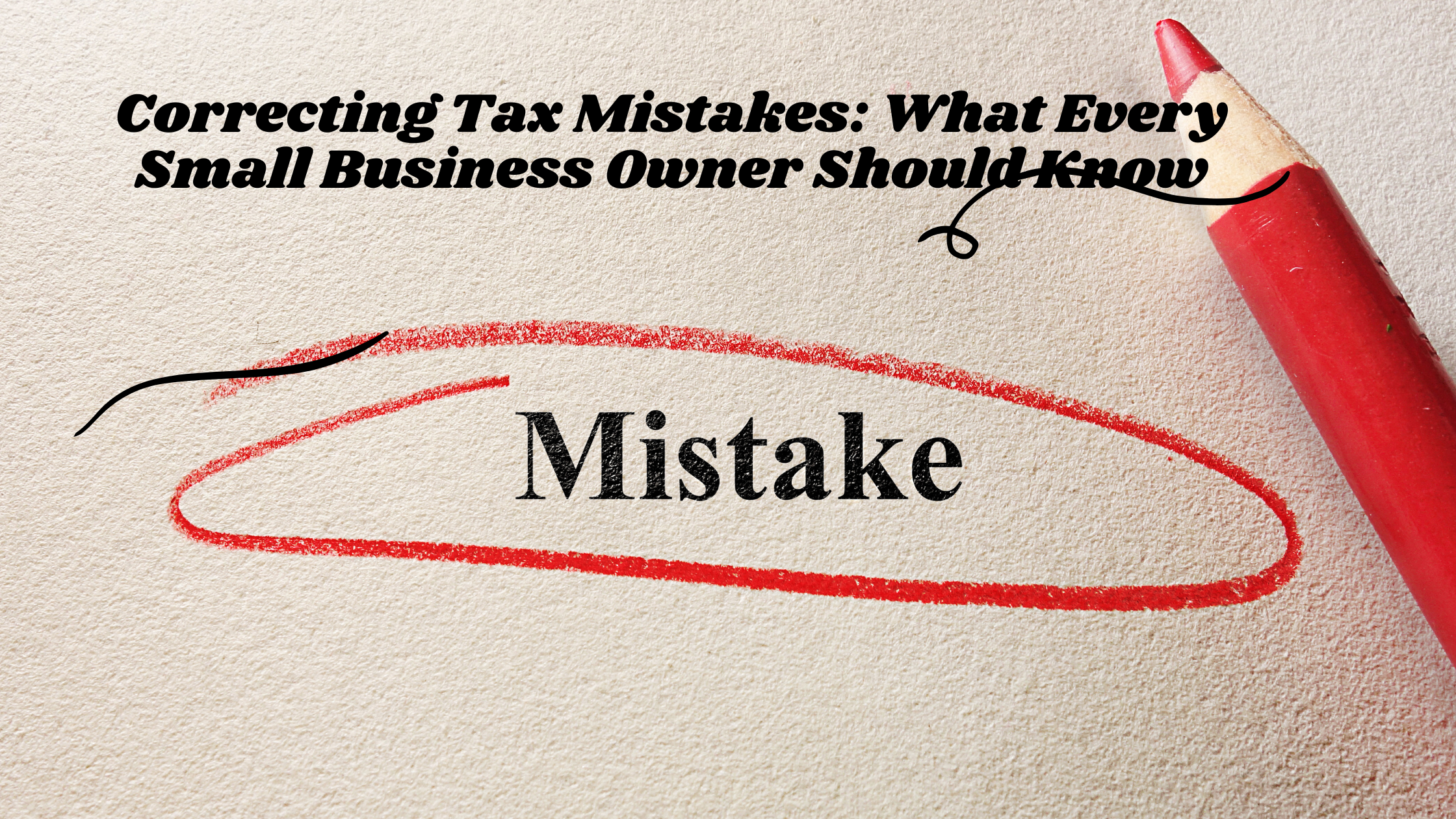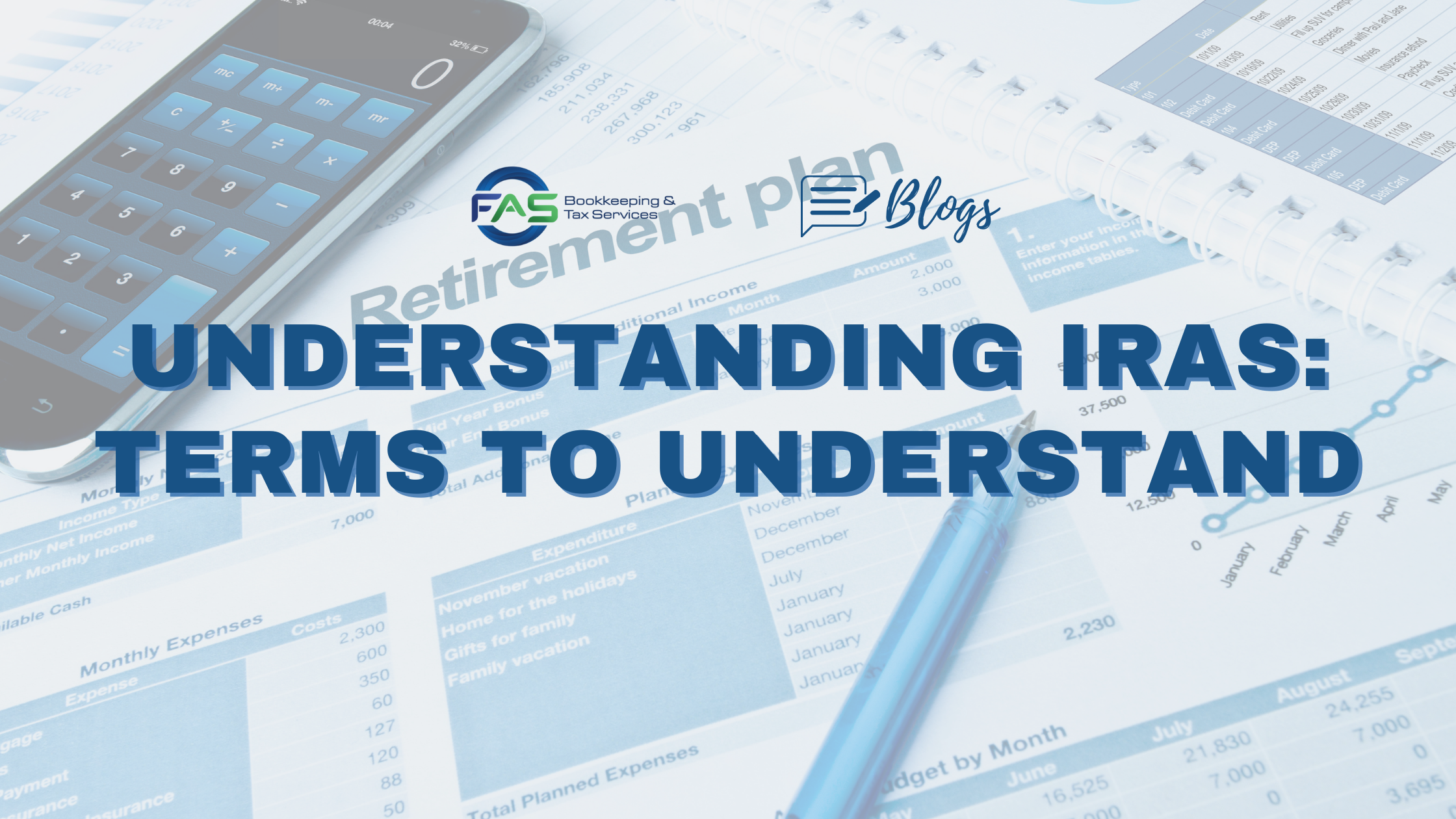Understanding IRAs: Terms to Understand
IRAs, or Individual Retirement Accounts, offer tax advantages to encourage people to make investments that will guarantee their retirement security. Here is a basic glossary of phrases to grasp in order to aid individuals in understanding this kind of retirement savings account:
Contribution. The cash a person contributes to their IRA. Depending on their age and the kind of IRA they have, there are annual contribution limits. Generally, in order to make contributions to an IRA, taxpayers or their spouses need to be employed.
Distribution. the sum a person takes out of their IRA.
Withdrawals. If a taxpayer takes a withdrawal before turning 591/2 without being exempt, they may be subject to a 10% penalty and a tax bill.
Required distribution. There are conditions for IRA withdrawals:
- When a person turns 70 1/2, they typically have to start making withdrawals from their IRA.
- According to the 2019 SECURE Act, if a person turns 70 on or after July 1, 2019, they are exempt from taking withdrawals until they turn 72.
- Beneficiaries of IRAs are subject to different distribution rules.
Traditional IRA. A regular IRA’s funds are often not taxed until they are withdrawn.
IRA Roth.
· Contributions to a Roth IRA cannot be written off by the taxpayer.
· Distributions that qualify are tax-free.
· Until the owner passes away, Roth IRAs do not demand withdrawals.
Employee Savings Incentive Match Plan. Typically, this is referred to as a SIMPLE IRA. Traditional IRAs set up for employees may accept contributions from both employees and employers. It might function effectively as a new retirement savings plan for small businesses.
Employee Pension Simplified. A SEP-IRA is what it is known as. Employers can make contributions to both their own and their employees’ retirement plans. A SEP is owned and managed by the employee.
IRA rollover. When an IRA owner receives money from their retirement plan and transfers it to another IRA within 60 days, they are said to be doing this.
It’s crucial to comprehend how your retirement planning decisions will affect your taxes. Contact us today at admin@fas-accountingsolutions.com to learn more.





